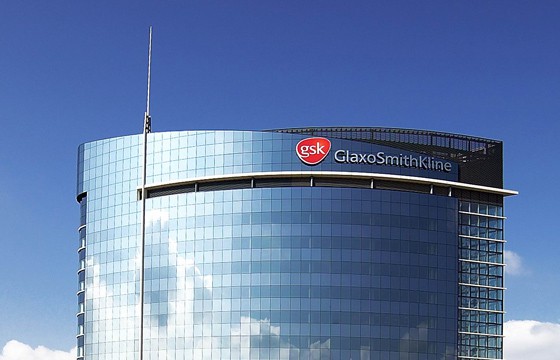
Several new trials of gene therapies for blood disorders have been presented at the American Society of Hematology conference in Orlando, with varying results.
GlaxoSmithKline (GSK) reported positive results in a trial of a gene therapy for Wiskott–Aldrich syndrome (WAS), a rare genetic disorder that results in immunodeficiency and complication such as cancer.
Stem cell transplant is the most effective treatment for WAS but is associated with potentially life-threatening complications, particularly in the absence of matched donors. GSK’s trial involved eight children with WAS, all of whom were alive after an average 3.3 years of follow-up.
Six patients with a follow-up period of more than two years after receiving treatment experienced a marked reduction in the rate of severe infections and bleeding events after treatment compared to the period before the therapy.
The successful trial comes after GSK became the first big pharma company to file for approval of a genetic therapy, submitting its GSK2696273 candidate for adenosine deaminase severe combined immunodeficiency syndrome (ADA-SCID) in May. GSK says it hopes to be able to file for the WAS candidate in two years.
Meanwhile, researchers from the National Institute of Allergy and Infectious Diseases (NIAID) and St Jude Children’s Research Hospital in the US gave an update on a therapy for another immunodeficiency syndrome – X-linked severe combined immunodeficiency (SCID-X1) – at the ASH meeting.
X-linked SCID comes from a mutation in the IL2RG gene, which is responsible for describing the details of a protein that’s vital to a fully functioning immune system. Once again, the team modified harvested stem cells with a functional copy of ILR2G using a lentiviral vector, demonstrating that the new gene was present in immune cells.
The treatment led to restored antibody production in older (adolescent and adult) SCID-X1 patients who had failed previous therapy with stem cell transplants, currently the treatment of choice for patients.
There was disappointing news for Bluebird Bio however, whose shares went into a tailspin yesterday after the company reported diverging results from a trial of its LentiGlobin BB305 gene therapy for severe beta-thalassaemia (BT), a genetic disorder that causes severe anaemia and organ damage.
The therapy is designed to restore the production of functional haemoglobin, which is impaired in BT patients. Stem cells are harvested from transfusion-dependent BT patients, modified to incorporate the healthy gene, and are then infused back into the patient, after first giving high-dose chemotherapy to destroy the thalassemia-producing blood cells.
Bluebird Bio said it now plans to split its trial into several patient subsets to try to establish why some patients respond and others do not. While the decision is scientifically sound, the news spooked investors and sparked a 30%-plus fall in the company’s shares.
“Patients with severe blood diseases may have no other therapeutic options but to depend on life-long blood transfusions or a stem cell transplant,” said ASH in a statement.
“For these patients, experimental gene therapies have demonstrated promise in improving outcomes and even curing diseases with otherwise grim prognoses.”




